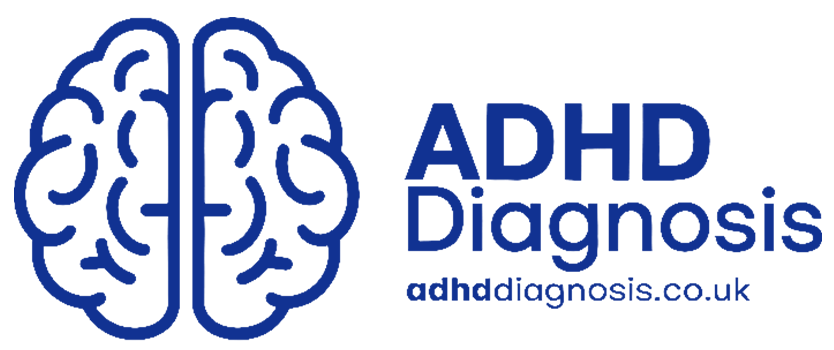ADHD TREATMENT
ADHD treatment typically involves a combination of medication, behavioural therapy, lifestyle changes, and educational support.
ADHD medication can improve focus, attention, and concentration, reducing impulsive behaviours and enhancing organisational skills and time management. They can also increase productivity, leading to improved academic and occupational performance.
It is important to note medication may work for some and may not for others. Large studies show that up to 75% of adults with ADHD will benefit significantly from taking medication.
ADHD Medication
Stimulant and non-stimulant medication are often used to help manage ADHD symptoms. Stimulant medication are typically the first choice. These include drugs like Elvanse (amphetamine) and Concerta (methylphenidate). Non-stimulant medication are usually prescribed if stimulants are not suitable, effective or cause undesirable side effects. Stimulants work by increasing the levels of certain chemicals in the brain (dopamine and norepinephrine). These chemicals play a key role in regulating attention, focus, and impulse control. By increasing their availability, stimulants can help improve symptoms of ADHD, such as inattention, hyperactivity, and impulsiv

NEUROTRANSMITTERS
Dopamine and norepinephrine are both neurotransmitters, which are chemicals that transmit signals between nerve cells in the brain. They play important roles in various brain functions: Dopamine is involved in several key aspects of brain function, including motivation, reward, and pleasure. It plays a role in regulating movement, mood, and emotions. Dopamine is also involved in cognitive processes such as attention, learning, and memory. Norepinephrine is involved in the body’s stress response and the regulation of alertness. It is responsible for increasing heart rate, blood pressure, and blood sugar levels in situations of stress or danger. Norepinephrine also plays a role in attention, memory, and mood regulation.

Reported Side effects from medication
Stimulants
• Decreased appetite
• Insomnia
• Increased heart rate and blood pressure
• Headaches:
• Mood changes
Non-stimulants
• Drowsiness
• Upset stomach
• Dry mouth
• Headaches
• Dizziness
Regular Follow-ups
Regular appointments with your clinician is crucial to monitor the effectiveness of treatment and to make necessary adjustments. Remember, everyone is unique, and what works best will depend on the individual’s symptoms, age, overall health, and personal response to medication and therapies. It’s also recommended to maintain regular yearly follow-up appointments with healthcare professionals to monitor the effectiveness of the treatment plan.

BOOK YOUR ADHD APPOINTMENT NOW!




